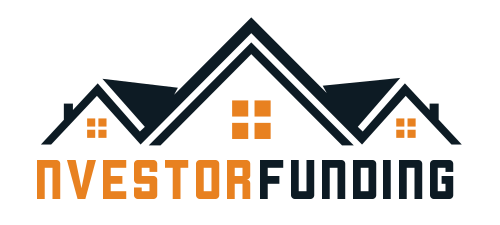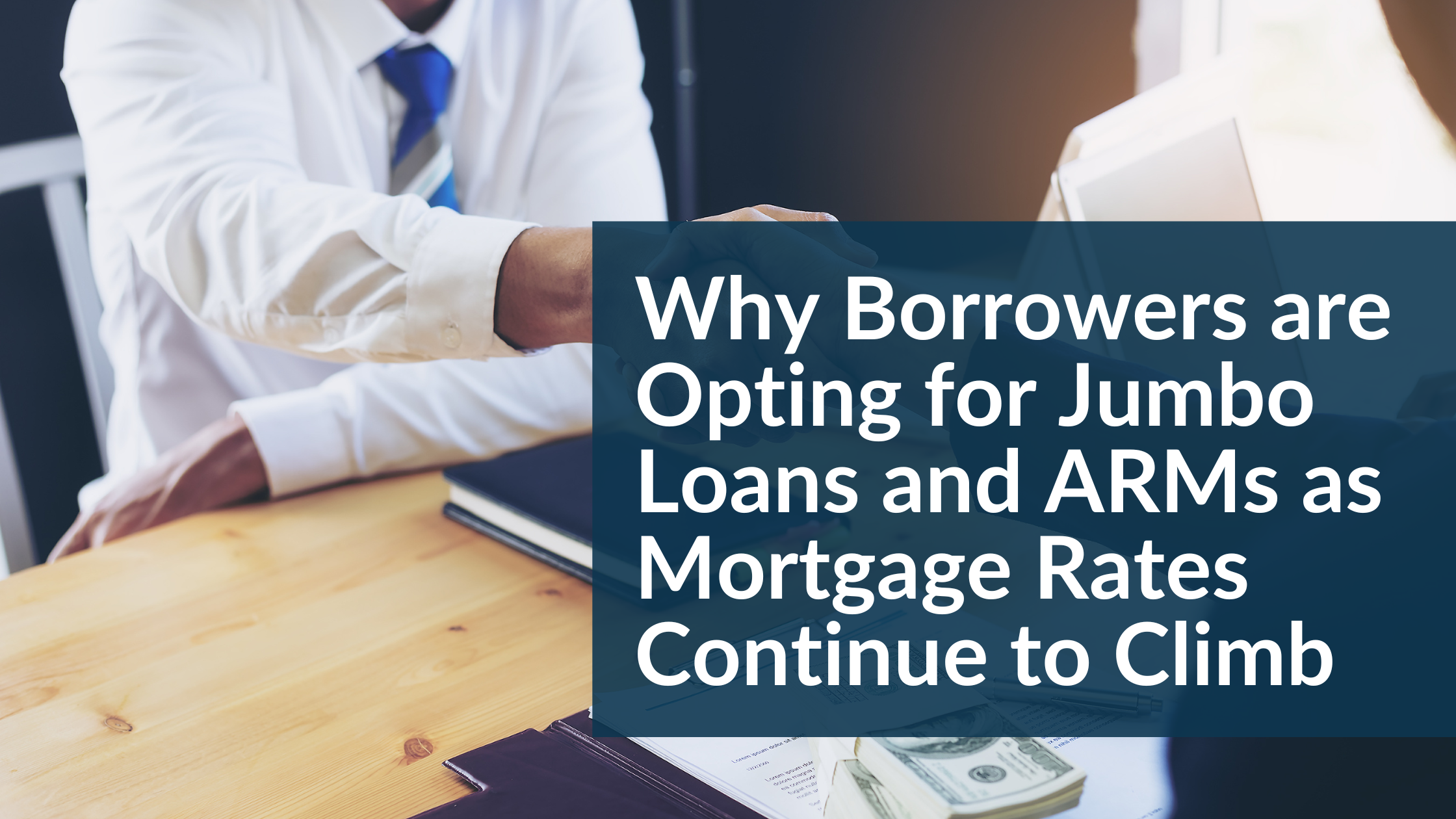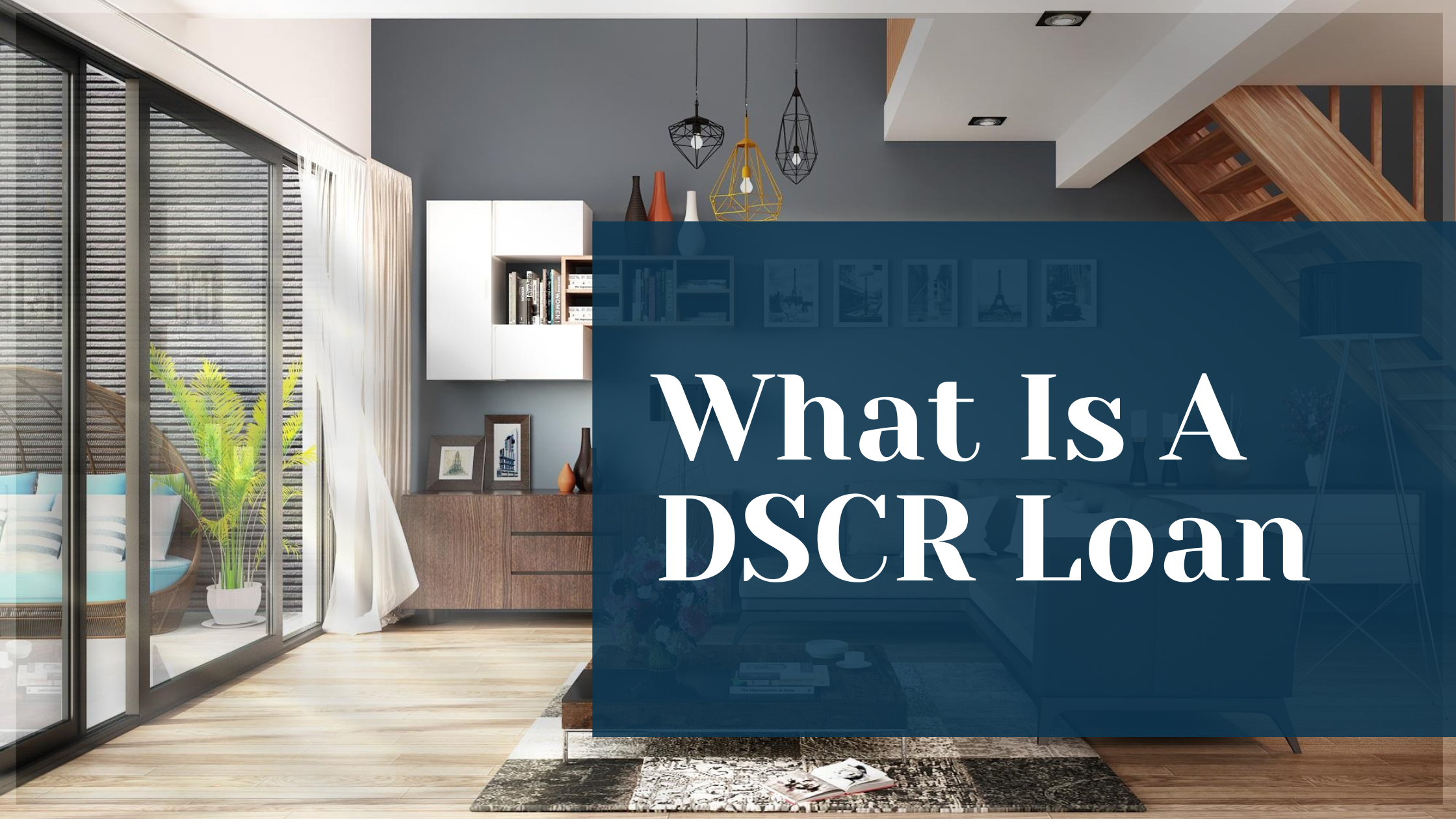6 Benefits Of An Interest Only Mortgage
.png)
A mortgage with just interest payments might be the smartest choice. Perhaps you are a student anticipating a large income after graduation, have received a large inheritance, or do not plan to keep the property for the foreseeable future.
On the other hand, there are serious dangers to consider. Learn the ins and outs of interest-only mortgages, including the circumstances in which they make sense and don't.
What is an interest-only mortgage and how does it work?
The loan principle is not repaid during the interest-only phase of a mortgage. This agreement has a specified duration, say, five years. The principle will not decrease until the conclusion of the agreed-upon term, regardless of whether or not payments are made toward the principal during that time.
When the interest-only term finishes, your loan will shift from an interest-only mortgage to a principal and interest loan. As a result, you'll have to start forking over money toward both the loan's initial principle and the interest accruing on it.
Exactly how an interest-only loan operates
Mortgages that just cover the interest payments are called interest-only loans, and the vast majority of these loans have an adjustable interest rate (ARMs). Usually, you'll only be able to make interest payments for the first 10 years of your loan, and then you'll have to start making payments toward the principal and the interest on the main as well. The principal can be repaid in one lump sum or in installments.
Consider the following example of an interest-only mortgage:- You currently have a 5% interest-only ARM on $100,000.
- Your monthly payment will be around $417 if you have a 10-year interest-only term, all of which will be used for interest accrued over the first decade of your loan.
- You'll have much higher monthly payments beyond the initial 10 years because you'll be paying both principle and interest.
Is there any reason to consider an interest-only loan?
You have a valid concern. Although you'll only be making interest payments for up to ten years, the whole principal amount plus interest will still be due at the end of that time.
Anyone looking to reduce their monthly mortgage payment may consider an interest-only loan. Usually, someone who wishes to buy a property for a shorter duration would be interested in interest-only mortgages. Perhaps you don't plan on keeping a property for very long, or you're just a serial buyer.
The same holds true if you're looking to buy a second home that you want to turn into your primary abode. Making payments toward the interest solely is a smart move if you are not planning to use the home as your primary residence just yet.
Questions to ask yourself if you have an interest-only mortgage
In case you already have an interest-only mortgage, you may want to think about the following:
- Can you change your mortgage to a repayment plan?
- Is it wise to put money into a savings or investing account?
- Should you pay more toward the loan to pay it off sooner?
- What are the remortgage options available?
A summary of each follows:
1. Can you change your mortgage to a repayment plan?
If your financial condition improves, this factor becomes crucial. You might wish to consider remortgaging if this is the case.
2. Is it wise to put money into a savings or investing account?
Stocks, bonds, and other investments might be a smart way to reduce your mortgage's principal. The variety of products available means that some may be riskier to your wallet than others. Before making a final choice, it's important to complete your homework, which could involve consulting a neutral financial expert.
3. Should you pay more toward the loan to pay it off sooner?
It's not a terrible thought, especially if the money comes to you all at once, like in the form of an inheritance. But make sure there are no hidden fees if you decide to pay off your loan early.
4. What are the remortgage options available?
The transition from an interest-only to a repayment mortgage may be made easier with the help of modern mortgage technology. Mortgages with just interest accruing accrued often have an introductory rate that lasts anywhere from two to ten years. You will be moved to the lender's less favorable standard variable rate when that time period ends. Before finalizing a contract, it's crucial to weigh your alternatives.
Exactly what are the positive aspects of an interest-only loan?
A consumer who anticipates being in a position to make greater payments in the future but needs to conserve money now may find an interest-only mortgage to be an attractive option.
Some situations when an interest-only loan may be beneficial are briefly discussed below:
- An increase in your overall income
- You're hoping to increase your home-buying potential so you can purchase a larger place.
- You are navigating a rising real estate market.
- An investment opportunity
- Tax benefits
- You prefer a flexible schedule for making equal payments
Let's explore this in more detail.
1. An increase in your overall income
If you're in school and want to buy a home when your salary is low but projected to rise in the near future, an interest-only mortgage might be a good option to help you save money. Tuition costs might eat up a sizable chunk of your budget. The larger mortgage payments of the next decade won't be a problem, though.
2. You're hoping to increase your home-buying potential so you can purchase a larger place
If you expect to receive a sizable chunk of money soon, like an inheritance, this strategy will serve you well. But tread carefully, as it may prove challenging to get a mortgage based only on this projected revenue. Also, be sure it will definitely happen, as your mortgage payments will increase dramatically after the interest-only term finishes. You should get ready for that.
3. You are navigating a rising real estate market
When home prices are high, this strategy may prove beneficial. With an interest-only mortgage, you could buy a house that you wouldn't be able to buy with a regular mortgage. Then, after a few years, you could sell the house and buy another one. It is vital to grasp the dangers associated with this method before attempting it, as it may fail if the housing bubble were to burst.
4. An investment opportunity
If you have a sizable stock portfolio but would rather keep your money invested in equities or a retirement plan than use it to pay down your mortgage, an interest-only loan could be a good option.
5. Tax benefits
Generally speaking, the interest you pay on a mortgage that exceeds a particular threshold (say, $1 million) is deductible. An interest-only mortgage and the associated tax write-off might be beneficial if you have a high salary and are in a high tax band. Keep in mind that in this scenario, the entirety of your monthly mortgage payment would be deductible.
6. You prefer a flexible schedule for making equal payments
With most interest-only mortgages, making principle reduction payments is not banned. If your income fluctuates and you're able to pay more in some months than others, this might be a smart choice for reducing your monthly interest payment.
Are there any drawbacks to having an interest-only mortgage?
However, interest-only mortgages do not come without their drawbacks. Interest-only mortgages might be dangerous if you won't be able to afford a larger monthly payment once the principle is included.
It may not be wise to take out an interest-only mortgage if you fall into any of the following categories:
1. No increase to the home's equity
2. Home values are declining
3. A higher-risk loan comes with a higher interest rate
4. Costs associated with borrowing money increase
Let's explore each of these.
1. No increase to the home's equity
Lenders prefer not to take any risk, therefore interest-only mortgages usually need for a sizable down payment. However, this also means that you will not build any equity in your home for the first ten years of your mortgage unless you make extra payments. If you intend to eventually pay off your mortgage, an interest-only loan is probably not the best option for you.
2. Home values are declining
During the housing market collapse of 2008, the drawback of interest-only loans became abundantly obvious. Home prices rose as more people took out interest-only loans, but when the bubble burst, those homeowners were stuck making large monthly payments on houses in which they had little to no equity.
3. A higher-risk loan comes with a higher interest rate
At one time, interest-only mortgages were very marketable to other lenders. They used to be popular, but now nobody wants them. Interest-only mortgages are more expensive and require a larger down payment from borrowers than traditional mortgages because of the higher risk they pose to lenders.
4. Costs associated with borrowing money increase
The interest rate on an interest-only mortgage is often variable, fluctuating with changes in a benchmark funds rate. Your mortgage or home equity line of credit (HELOC) interest rate will rise if the cost of those funds rises. Therefore, it's recommended that you look into loans where the interest rate can be locked or unlocked. With it, you may plan for future payments with more confidence.
What is the best strategy for paying off a mortgage with interest-only payments?
Do not forget that when the interest-only period of your mortgage ends, you will still be responsible for repaying the principal. No need to panic, though; there are other choices. You may find three of them below:
1. Remortgage or refinance - To settle your initial interest-only mortgage, you may qualify for a second mortgage, either a traditional repayment or a second interest-only mortgage. It is still your responsibility to ensure that you are qualified in the eyes of a lender. You should keep this in mind since by that time you will be older and your living circumstances may have changed.
2. Sell - Selling the property is a viable option for paying off an interest-only mortgage, especially if you plan to rent it out. A successful real estate sale should yield a profit that more than covers the loan amount. But if you're not so fortunate, you can find yourself with negative equity and responsible for covering the difference.
3. Utilize investments and/or savings - You may be able to pay off your interest-only mortgage with cash earned through investments and/or savings.
What happens if you aren't able to repay the loan back?
If you are concerned that you will not be able to repay your interest-only mortgage at the end of the term, you have several options. At first look, these choices are:
Overpay your mortgage
If you decide to prepay your mortgage, you should verify that doing so will not incur any fees. If you don't, you should overpay your interest-only mortgage and start paying down the principal as soon as feasible. This is a great choice if you have unexpected access to funds.
Changing to a mortgage with monthly payments
If the large sum you'll have to pay off at the conclusion of your interest-only mortgage term starts to feel too much to handle, this is your best option. Changing to a traditional mortgage will allow you to accelerate the rate at which you pay down the principal. However, if you decide to go this route, your regular payments would grow substantially. As always, double-check that you can still afford to make those payments.
Lengthen the time frame over which your mortgage will be paid off
Let's be clear: extending your mortgage's term is a way to give yourself some extra time before having to make a large payment. There's a chance it might buy you some time and resources to pay off the rest of the debt. Take note that you might not be able to get a mortgage extension if you meet certain criteria, such as reaching a particular age.
Sell the property
When all other alternatives have been exhausted, selling your home may be the only way to repay your interest-only mortgage. The mortgage should be paid off upon sale if the property's value has not dropped below the outstanding loan balance.
Looking for an interest only loan? We have options available for short and long periods. Feel free to submit a hassle free quote by clicking here.


